「变局专栏23」警惕,“负”时代正在到来(中英双语)
本文大概3000字,读完共需4分钟
![]()
编者按:在“负”时代下,国家崛起就像一场永远没有终点的耐力跑。从这个角度看,类似肺炎疫情的不确定冲击,在未来中国发展的进程中恐怕还会经常出现。但只要应对得当,就没什么值得恐惧的。中国人民大学重阳金融研究院执行院长王文在《环球时报》英文版专栏“Wang Wen on Changing World”的第23篇专栏文章《警惕,“负”时代正在到来》于2月4日刊出,原英文标题为《Chinese people have most positive outlook in a negative world》,现将中英文内容转发如下:
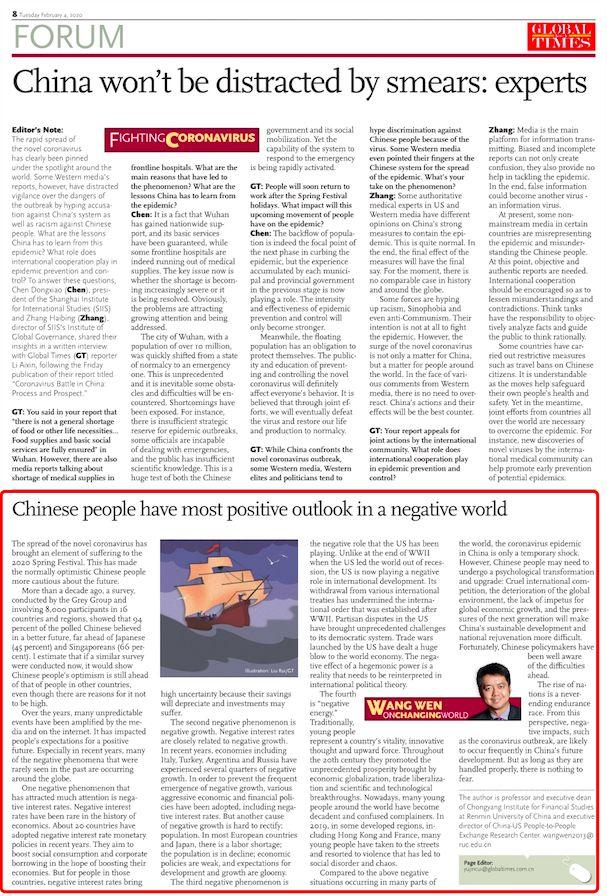
The spread of the novel coronavirus has brought an element of suffering to the 2020 Spring Festival. This has made the normally optimistic Chinese people more cautious about the future.
新型冠状病毒性肺炎疫情让中国人2020年春节过得很虐心!没有聚会,出行受阻,“新年”的味道似乎都没了。这令一向乐观的中国人变得更谨慎。
More than a decade ago, a survey, conducted by the Grey Group and involving 8,000 participants in 16 countries and regions, showed that 94 percent of the polled Chinese believed in a better future, far ahead of Japanese (45 percent) and Singaporeans (66 percent). I estimate that if a similar survey were conducted now, it would show Chinese people's optimism is still ahead of that of people in other countries, even though there are reasons for it not to be high.
以前中国人可不这样!十多年前,曾有调查数据显示,94%的中国人相信“明天会更好”,远远超过了当时的日本(45%)、新加坡(66%)。我估计,若现在再调查,这个数据可能还会远远领先,但应该不会那么高。
Over the years, many unpredictable events have been amplified by the media and on the internet. It has impacted people's expectations for a positive future. Especially in recent years, many of the negative phenomena that were rarely seen in the past are occurring around the globe.
这些年,太多不可测的事件发生,通过网络放大了传播效应,冲击了人们对“正向”(positive)未来的预估,削弱了人们对进步主义发展逻辑的社会信仰。尤其是近些年,许多过去很少出现的“负向”现象正在全球各地普遍发生。
One negative phenomenon that has attracted much attention is negative interest rates. Negative interest rates have been rare in the history of economics. About 20 countries have adopted negative interest rate monetary policies in recent years. They aim to boost social consumption and corporate borrowing in the hope of boosting their economies. But for people in those countries, negative interest rates bring high uncertainty because their savings will depreciate and investments may suffer. In the short term, negative interest rates may contribute to economic growth, but over the long run they will promote excessive consumption, overly aggressive investment, and increase bank risks and the possibility of a new global financial crisis.
最令人关注的“负向”现象是“负利率”。“负利率”政策在各国的经济金融政策史上是罕见的。然而,近年来,约20个国家推行“负利率”货币政策。对那些政府而言,实现“负利率”政策,意在促进社会消费与企业借贷,进而希望提升本国经济。但对那些国家的民众而言,“负利率”意味着存款将贬值、投资可能亏损的高度不确定生活。短期内,“负利率”或许将有助于经济增长,而长期看,“负利率”将推动过度消费、激进投资,银行风险加剧,产生新型全球金融危机的可能性反而更大。
The second negative phenomenon is negative growth. Negative interest rates are closely related to negative growth.In recent years, economies including Italy, Turkey, Argentina and Russia have experienced several quarters of negative growth. In order to prevent the frequent emergence of negative growth, various aggressive economic and financial policies have been adopted, including negative interest rates. But another cause of negative growth is hard to rectify: population. In most European countries and Japan, there is a labor shortage; the population is in decline; economic policies are weak, and expectations for development and growth are gloomy.
二是“负增长”现象。“负利率”与“负增长”密切相关。近几年,意大利、土耳其、阿根廷、俄罗斯等主要大国都曾出现过多个季度的经济“负增长”。各国为防止经济“负增长”频繁出现,推出了各种激进的经济金融政策,包括负利率。但恐怕仍难以抑制另一类“负增长”现象,即“人口”。大多数欧洲国家、日本的劳动力不足,人口总量下降,经济政策乏力,发展预期令人悲观。
The third negative phenomenon is the negative role that the US has been playing. Unlike at the end of WWII when the US led the world out of recession, the US is now playing a negative role in international development. Its withdrawal from various international treaties has undermined the international order that was established after WWII. Partisan disputes in the US have brought unprecedented challenges to its democratic system. Trade wars launched by the US have dealt a huge blow to the world economy. The negative effect of a hegemonic power is a reality that needs to be reinterpreted in international political theory.
三是“负作用”。与二战结束时,美国作为世界领袖,带领各国走出衰退不同,现在的美国并没有起到“正向”影响,反而发挥着世界发展的“负作用”。各种“退出”,令二战以来的国际秩序面临崩溃的可能性;各种“党争”,令民主制度受到了空前的挑战;各种“贸易战”,令世界经济受到巨大的冲击。霸权大国的“负作用”,是国际政治理论需要重新解释的现实。
The fourth is "negative energy". Traditionally, young people represent a country's vitality, innovative thought and upward force. Throughout the 20th century they promoted the unprecedented prosperity brought by economic globalization, trade liberalization and scientific and technological breakthroughs.Nowadays, many young people around the world have become decadent and confused complainers. In 2019, in some developed regions, including Hong Kong and France, many young people have taken to the streets and resorted to violence that has led to social disorder and chaos.
四是“负能量”。这是来自当代青年一代的新变化。传统时代,年轻人代表着朝气、创新与向上的力量,推动着20世纪经济全球化、贸易自由化、科技信息化的空前繁荣。而现在,全球许多青年人变得颓废、迷惘甚至抱怨。2019年,在香港、智利、法国等人们印象中的发达区域,青年人都陷入深深的“抱怨政治”。他们涌向街头,采取暴力手段,导致了许多地方的社会失序、混乱。
Compared to the above negative situations occurring in many parts of the world, the coronavirus epidemic in China is only a temporary shock. During the Spring Festival holidays, many officials, medical staff, construction workers, and media personnel have given up their vacation to combat the virus.
相比世界许多地方的“负”,中国的“疫情”只能算是短暂的冲击。这个春节,数百万官员、医务与市政、建筑,媒体人员都放弃假期,加班加点。
A 1,000-bed hospital has been built in just 10 days. Donations have exceeded tens of billions of yuan. More than 1 billion Chinese people have fully cooperated with the government. There have been no riots or disorder, which shows the strong power of positive attitudes in China. From this perspective, China remains the country with the most positive and least negative attitudes in the world.
十天建成医院、数百亿元的捐赠、14亿人全面配合政府隔离与居家政策,没有骚乱,没有失序,这令人看到“正向”力量在中国的强大。从这个角度看,中国仍是世界上“正”字最多、“负”字最少的国家。
However, Chinese people may need to undergo a psychological transformation and upgrade: Cruel international competition, the deterioration of the global environment, the lack of impetus for global economic growth, and the pressures of the next generation will make China's sustainable development and national rejuvenation more difficult. Fortunately, Chinese policymakers have been well aware of the difficulties ahead.
不过,中国人恐怕需要有心理转型与升级:国际竞争的残酷、地球环境的恶化、全球经济增长的乏力、未来一代的压力都令中国可持续发展、民族复兴变得更难。
其实,中国决策层已有对困难的充分估计。近两三年,习近平常说,中华民族的伟大复兴是一项伟大事业,伟大事业需要几代人、十几代人和几十代人去完成。几代人是100年,十几代人就是几百年,几十代人就是上千年啊!
The rise of nations is a never-ending endurance race. From this perspective, negative impacts, such as the coronavirus outbreak, are likely to occur frequently in China's future development. But as long as they are handled properly, there is nothing to fear.
在“负”时代下,国家崛起就像一场永远没有终点的耐力跑。从这个角度看,类似肺炎疫情的不确定冲击,在未来中国发展的进程中恐怕还会经常出现。但只要应对得当,就没什么值得恐惧的。
悲观者正确,乐观者成功!坦然面对“负”,勇敢坚持“正”,每个人的心理就会变得更成熟。
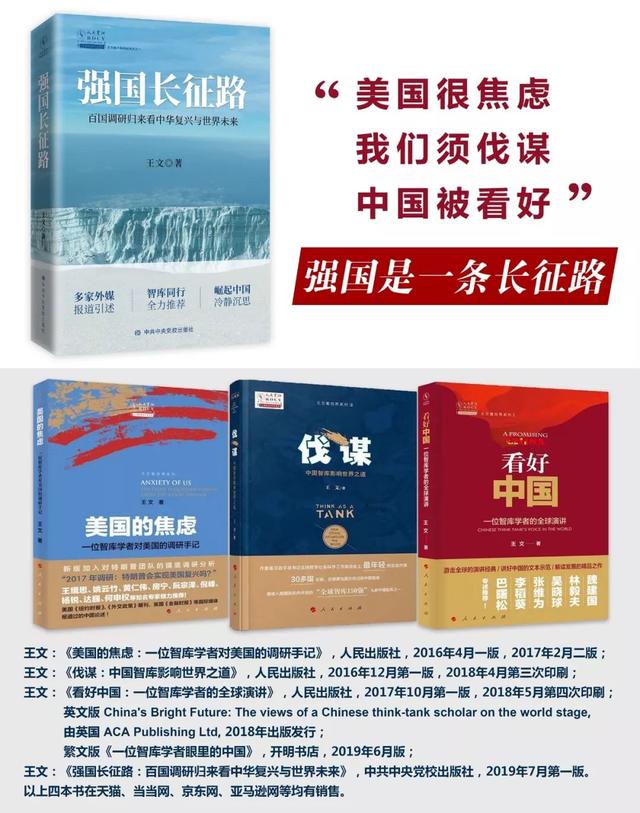
【变局专栏22】角逐中国市场的时代来了(中英双语)
【变局专栏21】东方思想的崛起(中英双语)
【变局专栏20】同情伊朗,谴责美国(中英双语)
【变局专栏19】多看小城市,了解大中国(中英双语)
转载请注明出处
中国人民大学重阳金融研究院(人大重阳)成立于2013年1月19日,是重阳投资董事长裘国根先生向母校捐赠并设立教育基金运营的主要资助项目。
作为中国特色新型智库,人大重阳聘请了全球数十位前政要、银行家、知名学者为高级研究员,旨在关注现实、建言国家、服务人民。目前,人大重阳下设7个部门、运营管理4个中心(生态金融研究中心、全球治理研究中心、中美人文交流研究中心、中俄人文交流研究中心)。近年来,人大重阳在金融发展、全球治理、大国关系、宏观政策等研究领域在国内外均具有较高认可度。



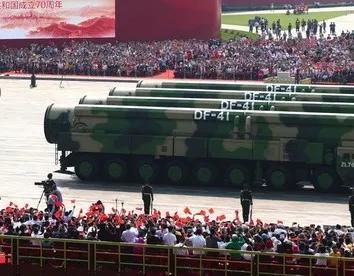

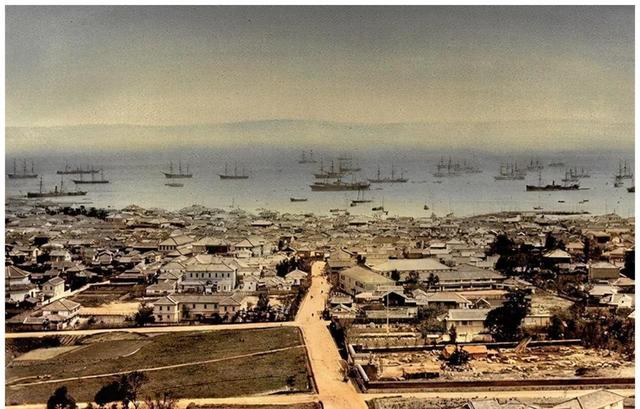

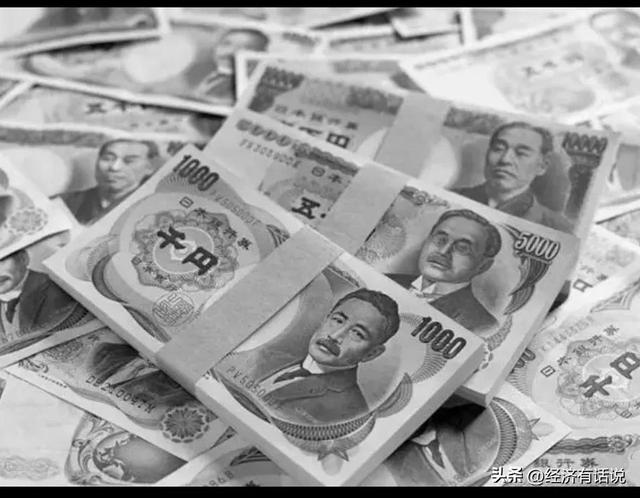














评论